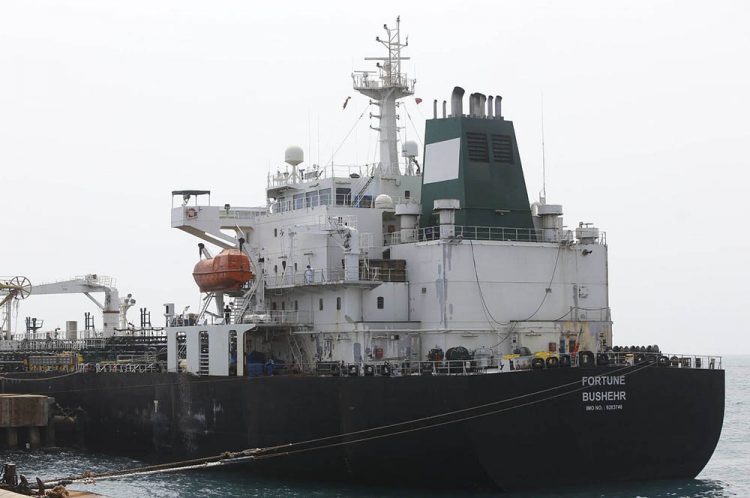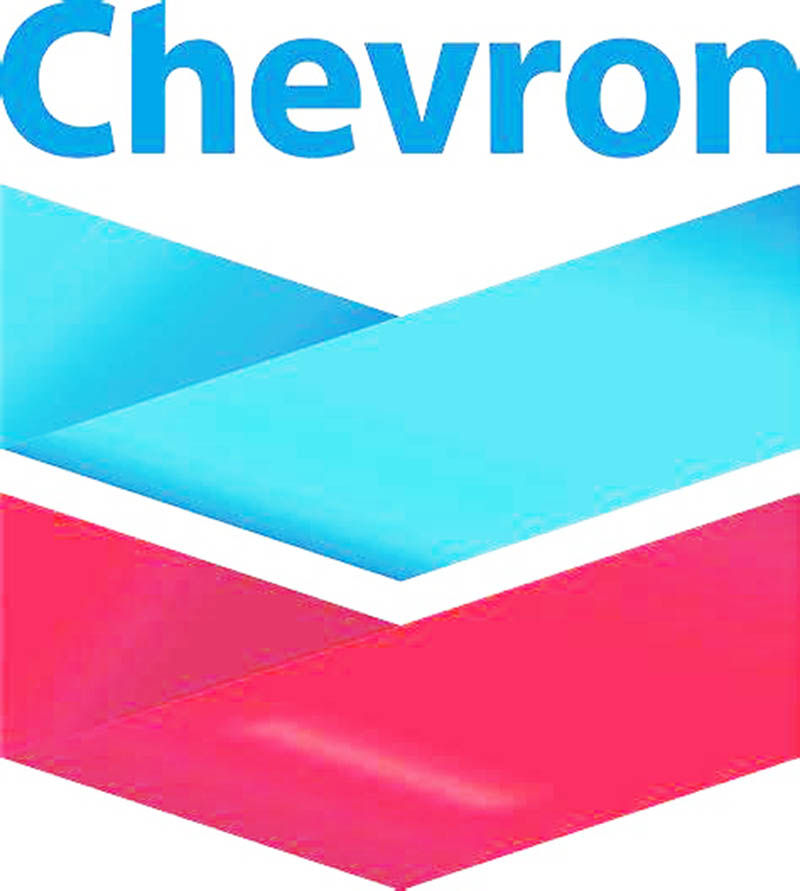If the Washington-sanctioned return of the US oil company Chevron Corp. to Venezuela to work alongside the country’s state-owned PDVSA in an effort to maximize oil recovery and export is yet to yield any major development, there are already signs that the restored relationship is realizing some encouraging results.
Having returned to Venezuela late last year, courtesy of a deal reached between Washington and Caracas, an announcement was made recently that Chevron had sold a cargo of Venezuelan oil to another American refiner, reportedly the first such transaction since the sanctions were relaxed. The US oil company named as part of the transaction was Phillips 66, which reportedly bought half a million barrels of extra heavy Venezuelan crude known in the industry as Hamaca and named after the location from where the crude was recovered. That consignment will be reprocessed at the Phillips 66 refiner’s complex in Texas.

The sanctions relief development, which has allowed for Chevron’s return to Venezuela, has reportedly seen the US company expand crude sales beyond its own refining network within a brief period following the return of some of its key personnel to Venezuela and the resumption of its drilling operations there. While the return of Chevron to Venezuela is linked to a deal between Washington and Caracas that includes the restart of talks between the Maduro administration and Venezuela’s political opposition, it is not altogether divorced from the global oil supply ‘jitters’ arising out the political spinoff from Russia’s hostilities in Ukraine and America’s focus on ensuring the reliability of its oil supplies while the imponderables associated with the conflict persists.
Phillips 66 was one of the largest buyers of Venezuelan oil prior to the imposition of sanctions about four years ago. The company owns more than 2,500 gas stations in the United States and is headquartered in Houston, Texas. Chevron, meanwhile, has decidedly ‘hit the ground running’ on its return to Venezuela, having also signed an agreement to sell Venezuelan Boscan oil, recovered from another of the country’s vast oilfields South West of Maracaibo. Chevron and the Venezuelan oil industry are long-standing ‘bedfellows,’ the company having struck oil there more than a century ago. Reports from Caracas suggest that the company is positioned to export more than 1.5 million barrels of oil in January 2023, about 50% of which will be shipped the a Chevron refinery in Mississippi.
Significant support from Iran did not prevent Venezuelan oil exports from declining, reportedly mostly on account of infrastructural limitations made worse by the US sanctions.










